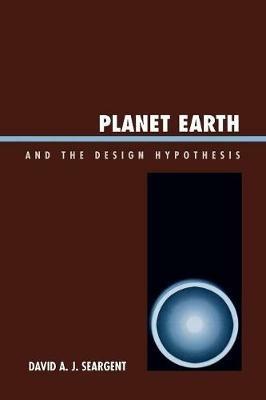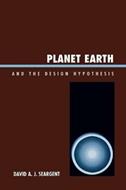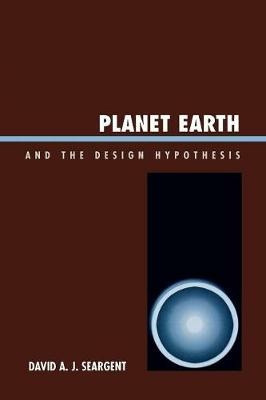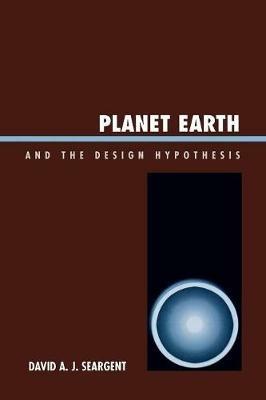Planet Earth and the Design Hypothesis
In many respects, our planet is a cosmic anomaly. Moreover, it is anomalous in such a way as to provide an excellent environment for complex life in what appears to be a largely hostile universe. Is this simply a fortunate coincidence, or does it speak of something more fundamental, even an underlying intelligent design in nature? To answer this question, we must isolate the characteristics of design and determine whether these are apparent in the natural world. The ensuing discussion will take us beyond the important contributions of mathematician and philosopher W. Dembski and biologist M. Behe to the concept of "Transitive Complexity" (TC). It is argued that where TC is present, intelligent design is the only logical, valid inference. This work presents evidence of TC in nature using the complexities of biology as its base. Planet Earth and the Design Hypothesis challenges the naturalistic assumptions of much scientific research without denigrating science. Rather, this book argues that the thirst for knowledge that drives scientific research is a basic—and in a very real sense "spiritual"—appetite constituting an essential part of our humanity.
-
Autore:
-
Editore:
-
Anno:2007
-
Rilegatura:Paperback / softback
-
Pagine:140 p.
Le schede prodotto sono aggiornate in conformità al Regolamento UE 988/2023. Laddove ci fossero taluni dati non disponibili per ragioni indipendenti da Feltrinelli, vi informiamo che stiamo compiendo ogni ragionevole sforzo per inserirli. Vi invitiamo a controllare periodicamente il sito www.lafeltrinelli.it per eventuali novità e aggiornamenti.
Per le vendite di prodotti da terze parti, ciascun venditore si assume la piena e diretta responsabilità per la commercializzazione del prodotto e per la sua conformità al Regolamento UE 988/2023, nonché alle normative nazionali ed europee vigenti.
Per informazioni sulla sicurezza dei prodotti, contattare productsafety@feltrinelli.it



